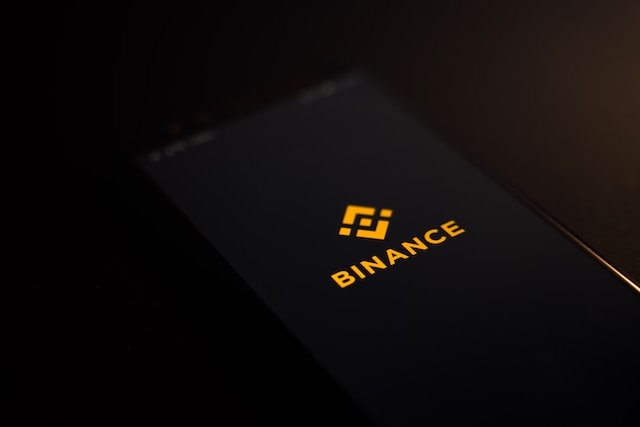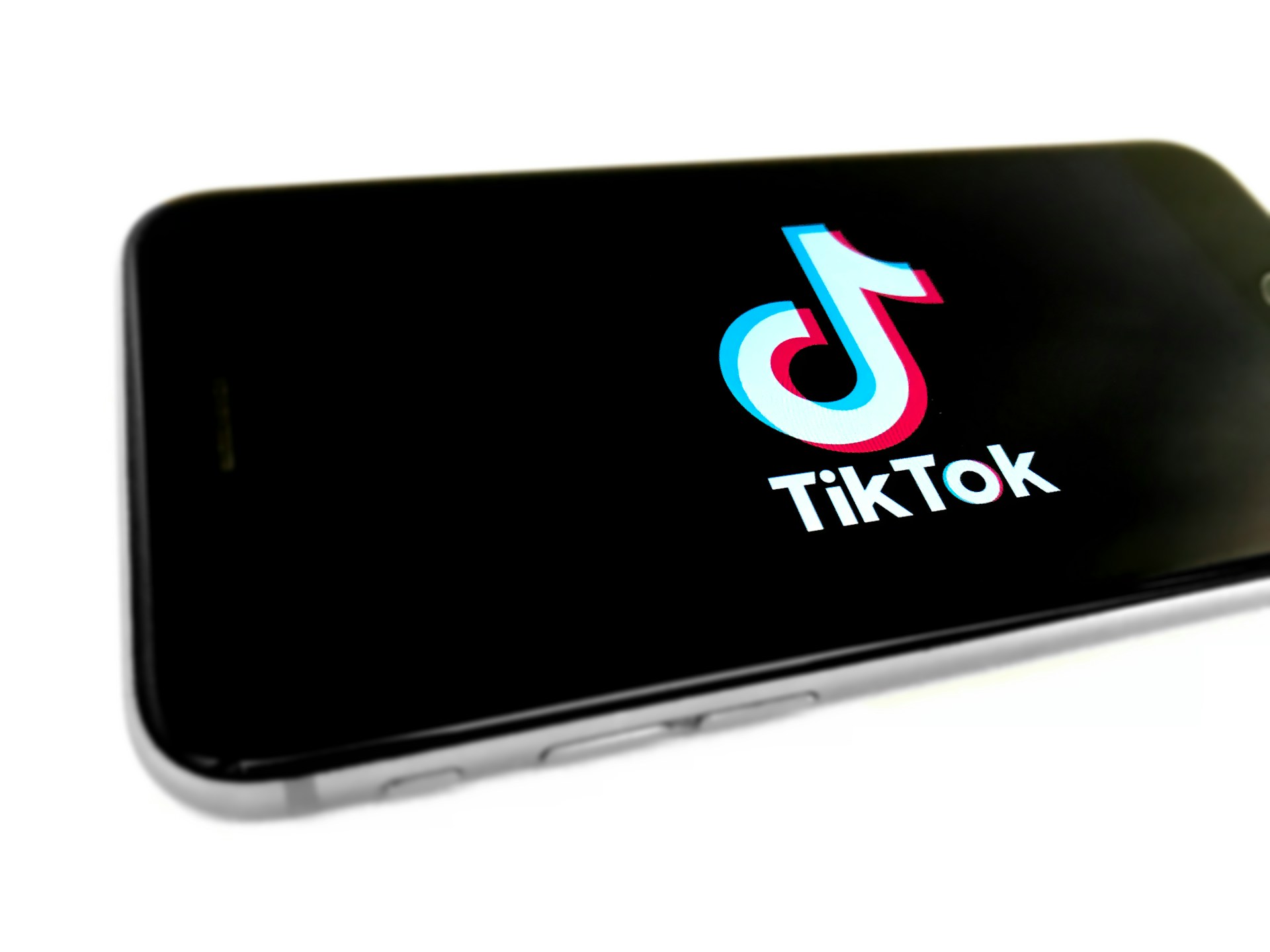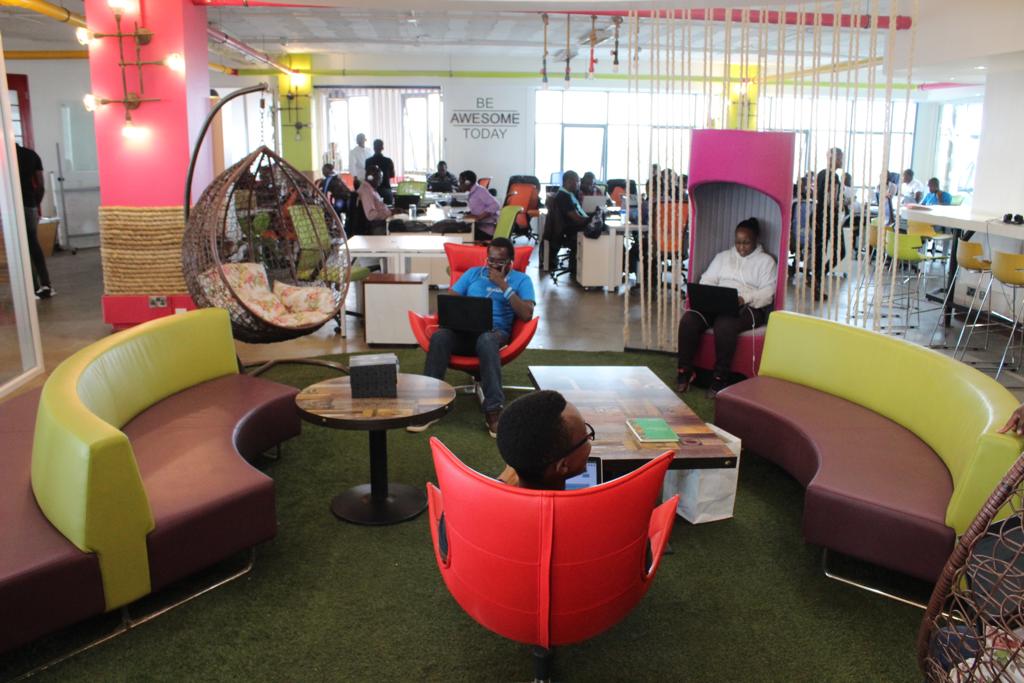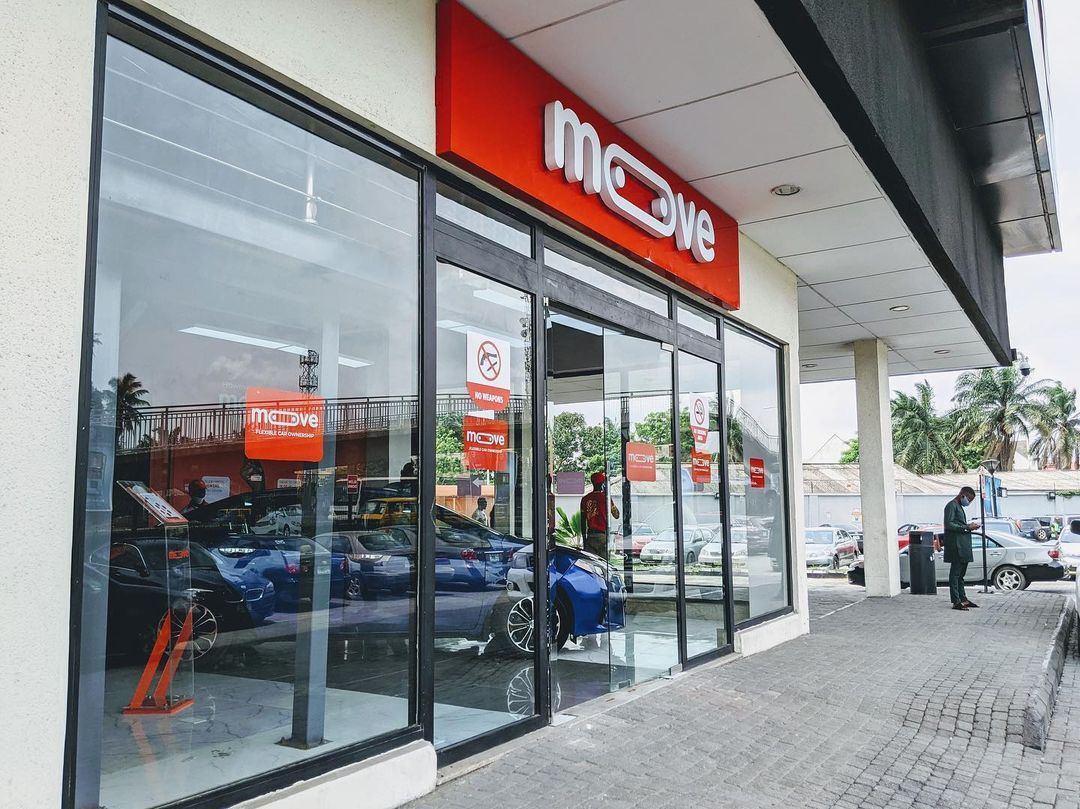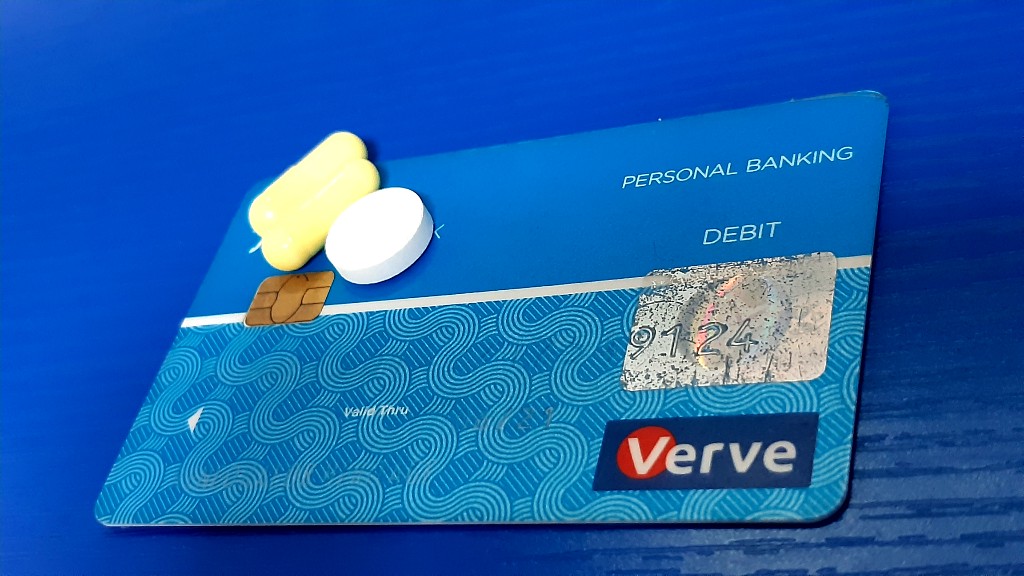The news
- Strike, a Bitcoin-focused payments platform, is extending its services to Nigeria.
- The company announced its plans to expand its full range of Bitcoin services to Gabon, Ivory Coast, Malawi, Nigeria, South Africa, Uganda, and Zambia, with additional African markets to follow.
- According to the company, this development stems from the challenge of saving and building wealth due to high inflation rates and devaluing currencies.
For context, Nigeria is currently in an economic crisis, characterised by inflation approaching 30% with the Naira losing 230% of its value in the last year which has contributed to the economic downturn while Ghana’s inflation rose to 23.5%, with an average of 14.3% over the preceding decade leading up to 2022.
Strike, which leverages bitcoin's Lightning network to execute B2B cross-border payments for business customers, revealed the plan to offer cost-effective cross-border payment solutions for individuals and businesses.
This means that both businesses and individuals in Africa will now have the opportunity to open an account, access their business dashboard, and securely invest in both Bitcoin and USDT.
While Strike will join platforms like Coinbase and Binance to offer bitcoin services in Africa, the current trends especially in Nigeria might pose a threat to its activities.
On February 21, the Nigerian government blocked access to some cryptocurrency platforms such as Binance, Coinbase, and Kraken, citing a need to stabilise the currency, despite the high adoption of cryptocurrencies in Nigeria due to attempts by individuals to safeguard against local currency depreciation.
Equally, the government recently arrested two Binance executives who flew to the country last week following a ban on their website.
Furthermore, on February 20, the Kenyan government announced plans to enact new cryptocurrency trading laws due to concerns about money laundering and that they provide channels for terrorism financing.
Over the years, remittance rates in Africa have been among the highest globally stalling financial development. In 2022, the World Bank revealed that the average cost of sending $200 to Africa was 8.5 % of the amount transferred, compared to less than 6% globally.
This has contributed to existing remittance services getting scarce and expensive, with up to 20% in fees on the amount transferred to some African countries.

Be the smartest in the room
Give it a try, you can unsubscribe anytime. Privacy Policy.




